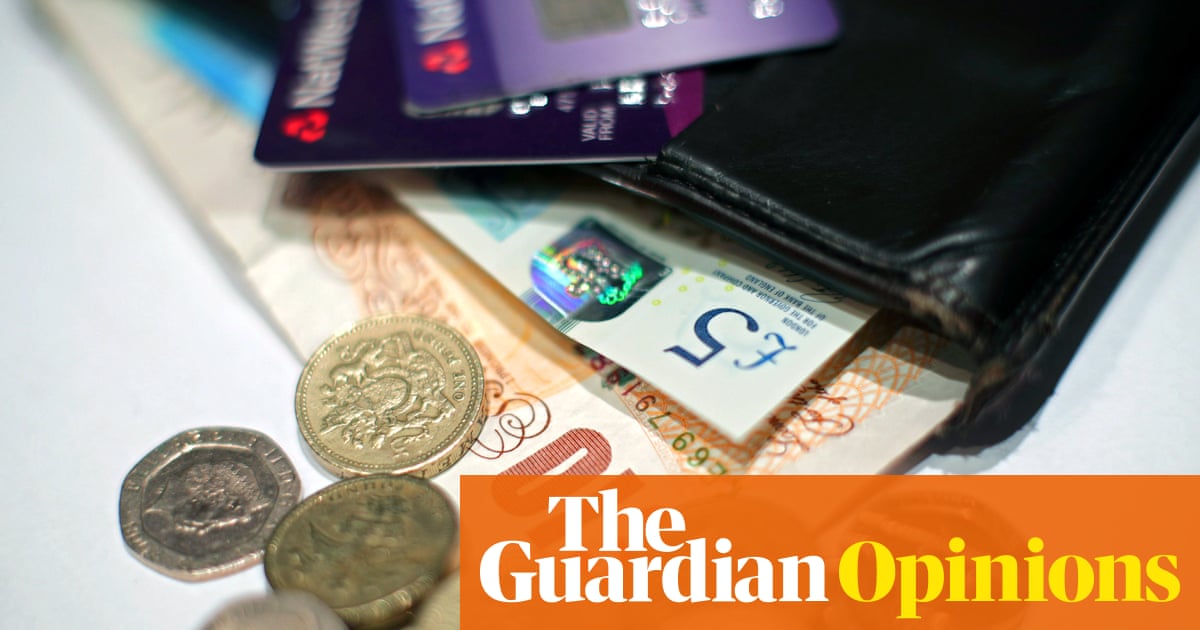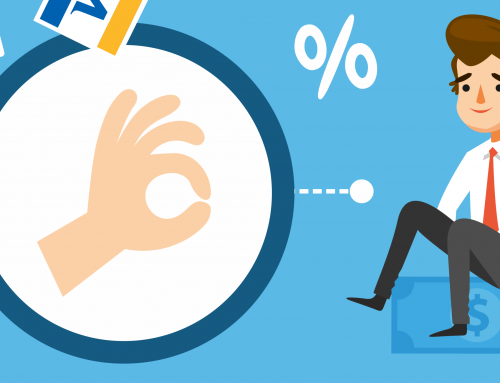Does the Government want everyone to be successful? Abouslty yes, but that is just impossible. Everyone cannot be successful. There will always be someone with more money. Doesn’t matter how much, everyone will not be equal. The new budget does not help everyone, it helps the middle and upper class. The low-income citizens are often not forgotten or not even concerned because of several reasons. This is why most of them use bad credit loan providers in Mississauga to get income. Voters generally have higher incomes, more people are in the middle and upper class than the lower-income class. Meaning, the Government must focus on making sure the majority of people are happy. Sadly, this means that lower-income citizens are not concerned. We have included our source in this article for your convenience.
 How government policy is forcing poor people into catastrophic debt
How government policy is forcing poor people into catastrophic debt
It is extraordinarily expensive to be poor. The less money you have, the more expensive many things are likely to cost. Those with the lowest incomes are often forced to access electricity and gas via prepaid meters – forking out hundreds of pounds more annually than those who pay by direct debit.
And when your income is only just enough to cover your basic living costs, even modest unexpected outgoings can push you into debt. New school shoes, perhaps. Or a train ticket to visit a hospitalised elderly parent. The situation is even scarier with larger buys. What are you supposed to do if you live in a rural area and your car breaks down – borrow the money to fix it, or risk losing your job because the patchy local bus service won’t get you in on time?
Not all debt is the same, of course. The more affluent you are, the more likely it is you’ll be able to access credit at low interest rates. Doorstop lenders and extortionate BrightHouse-style rent-to-own companies target poorer customers because they are the least likely to have other options. Eye-watering annual percentage rates mean debts can quickly spiral out of control. Even initially enticing 0% credit cards can catch you out if you fail to keep up with minimum payments. And if you’re barely bringing in enough to cover rent, food and bills, finding that regular extra income can be a struggle.
In recent years, government policy has only exacerbated the situation. The household benefit cap arbitrarily reduces the means-tested housing benefit households receive to bring their total welfare income below a figure that seems to have been plucked from thin air. Most of those affected are families with young kids, including single parents who are not legally expected to look for work because they have children under the age of three. There are reports of people racking up unmanageable debts trying to keep their heads above water, and of families going into rent arrears and eventually losing their homes.
Universal credit has been similarly disastrous for households struggling to make ends meet. It’s hard to understand why the system was designed with a six-week wait before the first payment (recently reduced to five weeks) until you consider the financial circumstances of those who created it. If you have the kind of income that allows you to put away money for a rainy day, waiting an extra few weeks to be paid is no big deal. Perhaps it genuinely didn’t occur to them that many universal credit recipients would be in a much tougher situation. The alternative is that homelessness and crippling debt are being inflicted deliberately, in an act of apparent sadism.
Zero-hours contracts and the gig economy are also a major cause of financial hardship. One McDonald’s worker I spoke to recently explained how her fluctuating hours made claiming housing benefit all but impossible, and left her unsure whether she’d be able to make rent from one month to the next. She ended up being evicted from her temporary accommodation with just 24 hours’ notice, forcing her to move with her son into her mother’s already overcrowded house. Because she needed to arrange after-school childcare in advance, she had to find money for the full week even if she had only been given a couple of days’ shifts.
Thousands of households face similar struggles. In many circumstances, borrowing money is the only option, even if you’re not sure how you’ll manage to pay it back. It’s hardly surprising, then, that one in four of Britain’s poorest households are falling behind with debt payments or spending more than a quarter of their monthly income on repayments. The findings of a report releasedtoday by the Institute for Fiscal Studies, on behalf of the Joseph Rowntree Foundation, shouldn’t come as a surprise to the government – but perhaps it might push them to act.
Instead of patronisingly offering “free budgeting support” for people struggling as a result of universal credit cuts and delays, they should recognise that falling into unmanageable debt is often the product of impossible circumstances – not simply a personal failing. Rent-to-buy and other high-cost forms of credit should be capped, as payday loans were two years ago. Universal credit should be either fixed or abandoned, and nobody should be left stranded while they wait for delated payments. Efforts should be made to eradicate zero-hours contracts, perhaps by legally mandating that overtime be paid at a higher rate than scheduled hours. The welfare cap should be scrapped; building more social housing is an alternative method of bringing down the housing benefit bill.
Food, adequate housing and other essentials should be recognised as universal rights. The current situation – where people are forced into crippling debt trying to sustain themselves and their families – is a genuine moral catastrophe.
thumbnail courtesy of theguardian.com
If the government wanted to help out the low-income families they do not have to increase the wage or help with post-secondary. The government could lower the income taxes for those with a lower income. I know the government will have less tax money, but with more people having more money, the economy will increase. More money being spent will allow business to grow and provide those people with better salaries. If the Government cannot afford to tax the poor less, then tax the richer more. There are hundreds of thousands of people with over a million dollars in the majority of countries. If the income tax increased by 2-4% for the very wealthy, that money can help the poor get out of poverty and improve their overall life. This isn’t a full proof idea, but it is a start. Do you have any ideas what the Government can do? If so, share your thoughts with us on our social media pages.



